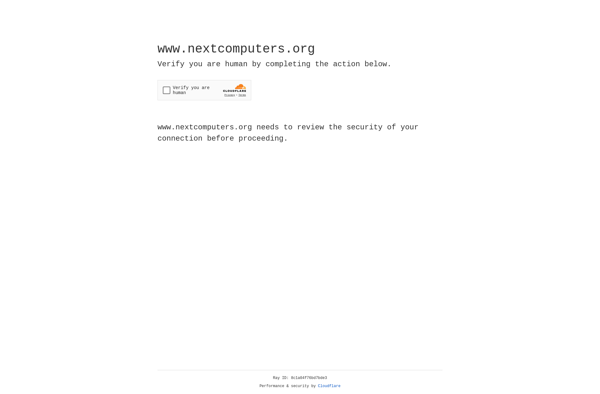DietPi
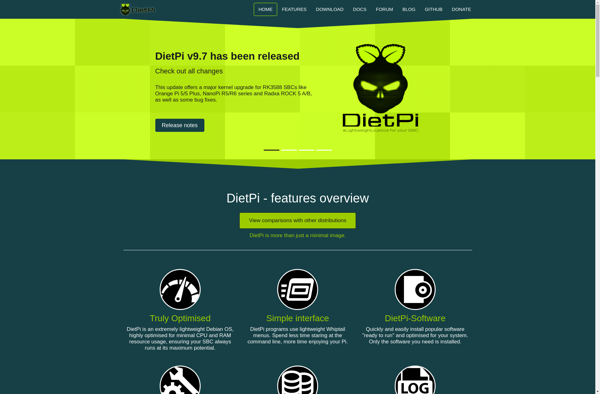
DietPi: Lightweight Debian-Based OS for Single-Board Computers
DietPi is a lightweight Debian-based Linux distribution optimized for single-board computers like Raspberry Pi. It has a small resource footprint so it can run well on low-powered devices.
What is DietPi?
DietPi is a Debian-based Linux distribution optimized specifically for single-board computers like the Raspberry Pi. It focuses on being lightweight and having a small resource footprint, making it well-suited for low-powered devices.
Some key features of DietPi include:
- Lightweight system: Uses optimized software packages and settings to reduce RAM and CPU usage. Good for extending the life of older hardware.
- Supports multiple SBCs: Compatible with popular boards like Raspberry Pi, ODroid, Rock64 and more.
- Low power consumption: Carefully configured to get max performance while using minimal energy.
- Easy to use: User-friendly installer and software optimised for desktop use. Has an active forum for community support.
- Extensive software library: Has a huge list of software that can be installed with an optimized DietPi installer.
In summary, DietPi is designed to be a fast, efficient and user-friendly operating system for deployment on single-board Arm computers and older x86 machines. Its lightweight nature allows it to breathe new life into aging hardware.
DietPi Features
Features
- Lightweight distribution optimized for SBCs like Raspberry Pi
- Minimal RAM usage
- Supports headless installs
- Easy software installation through DietPi-Software
- Preconfigured software options for common SBC applications
- Auto-start options for installed software
- Supports multiple SBC devices and platforms
Pricing
- Open Source
Pros
Cons
Official Links
Reviews & Ratings
Login to ReviewThe Best DietPi Alternatives
Top Os & Utilities and Lightweight Os and other similar apps like DietPi
Here are some alternatives to DietPi:
Suggest an alternative ❐Windows 10
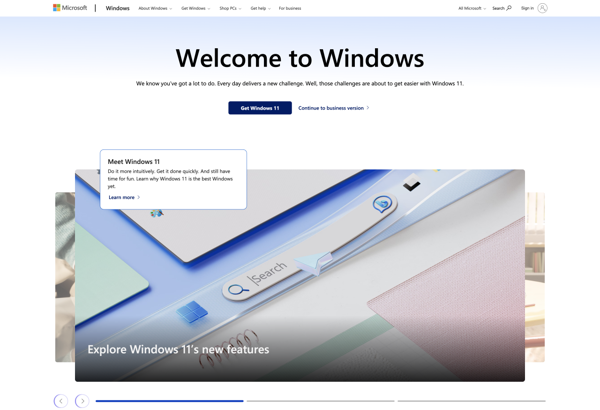
MacOS
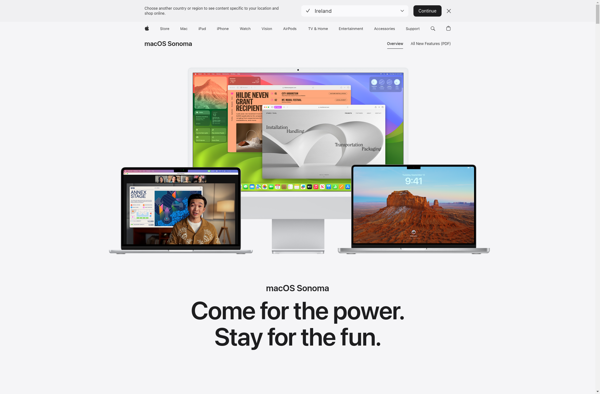
Zorin OS
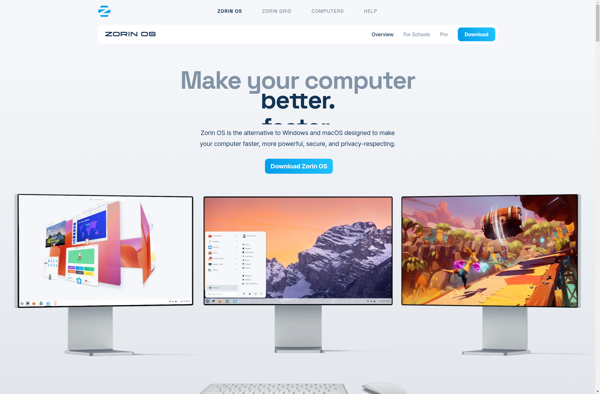
Windows 7
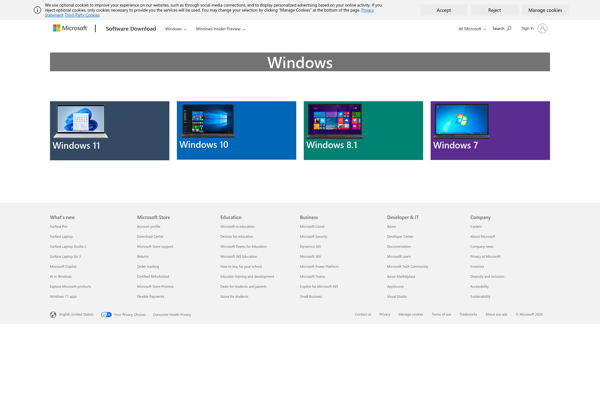
ReactOS
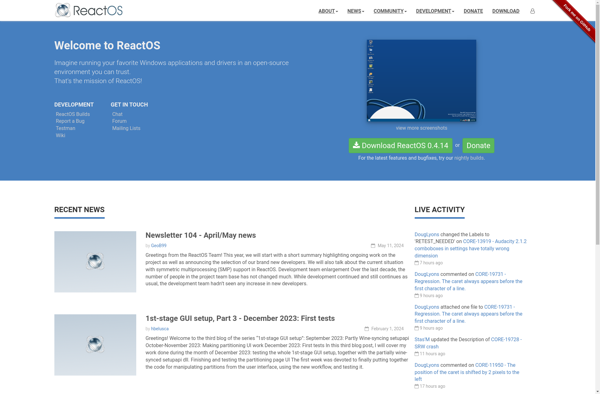
Elementary OS
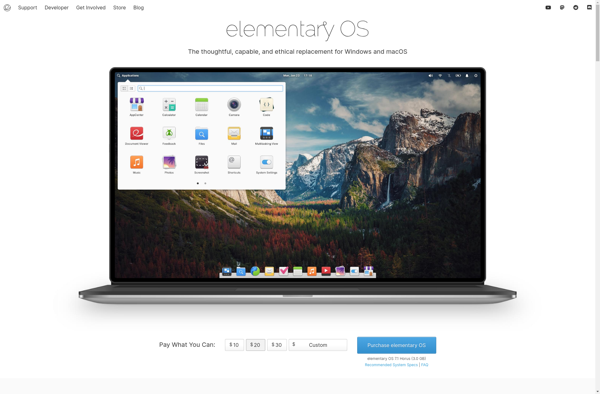
OpenSUSE

Pop!_OS
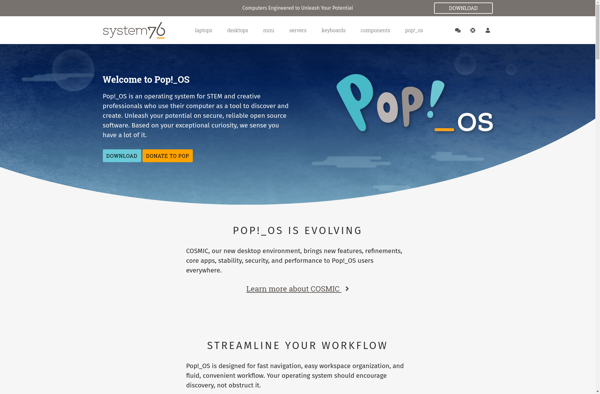
Tiny Core Linux

Lubuntu
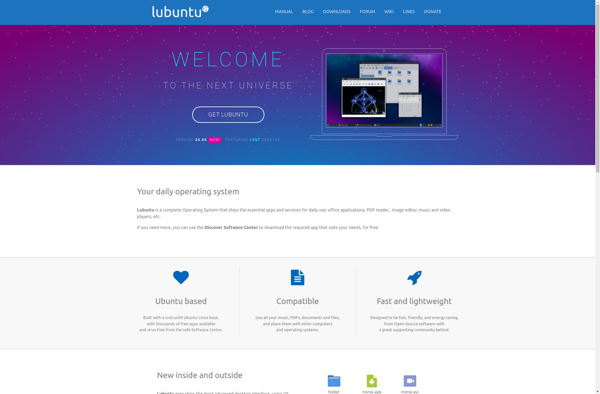
Minimal Linux Live
Kubuntu
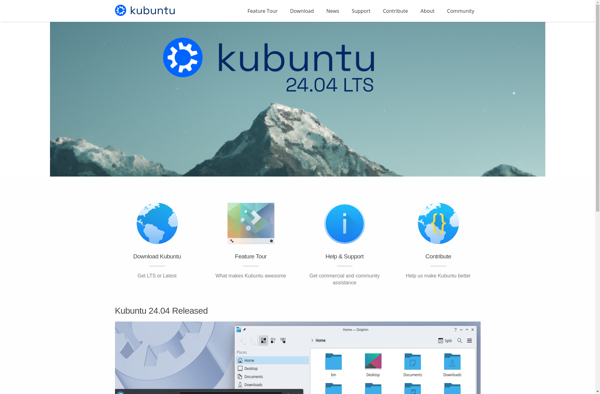
Xubuntu
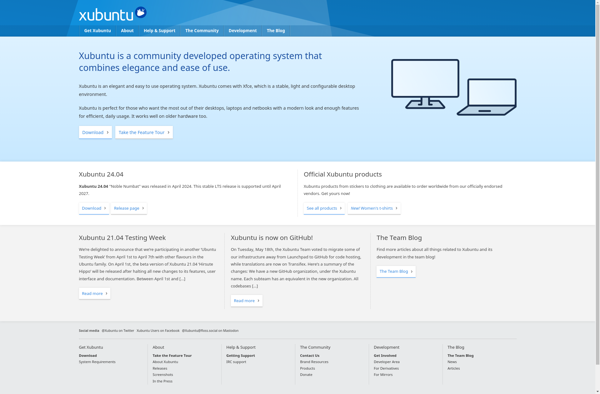
Serenity OS
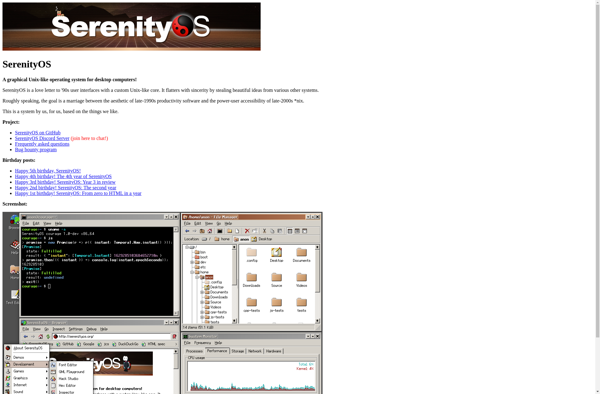
BlackBerry QNX
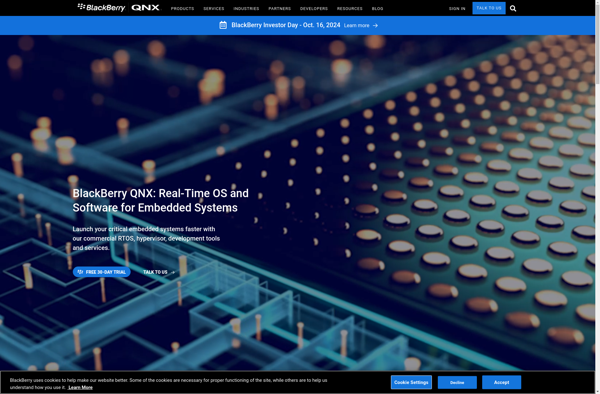
Node OS
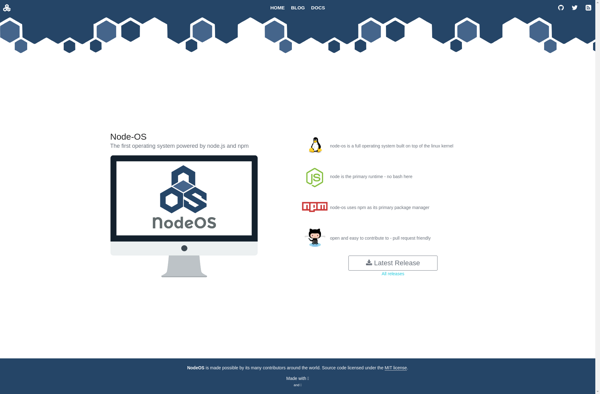
Septor
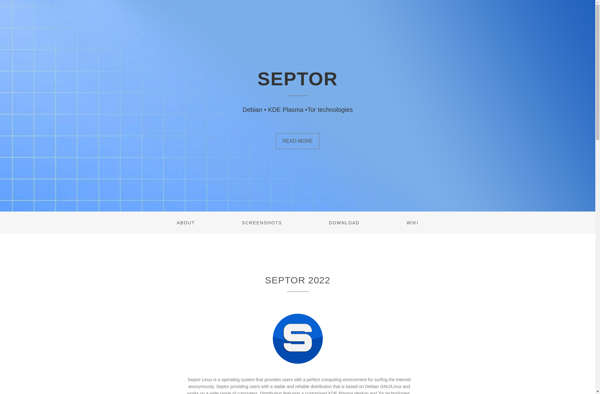
GeckoLinux
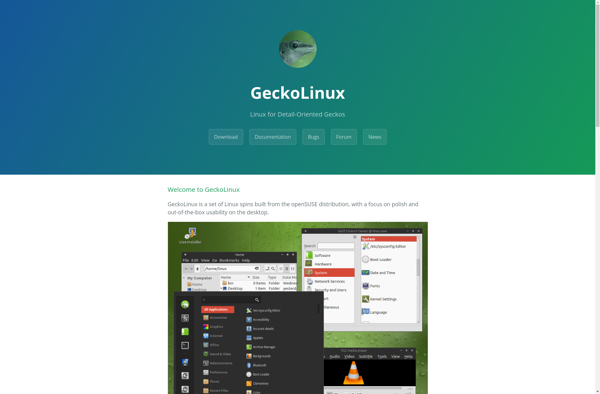
Tanglu
Pisi Linux
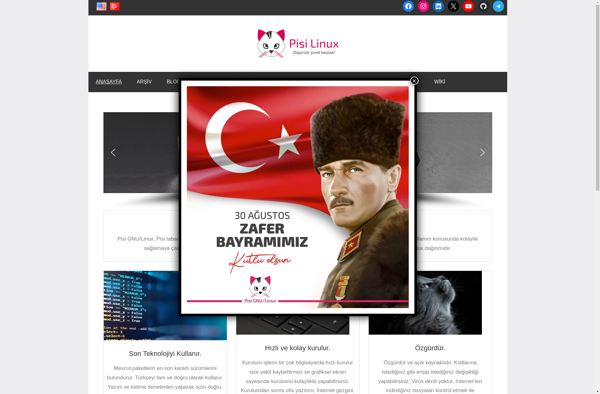
HardenedBSD
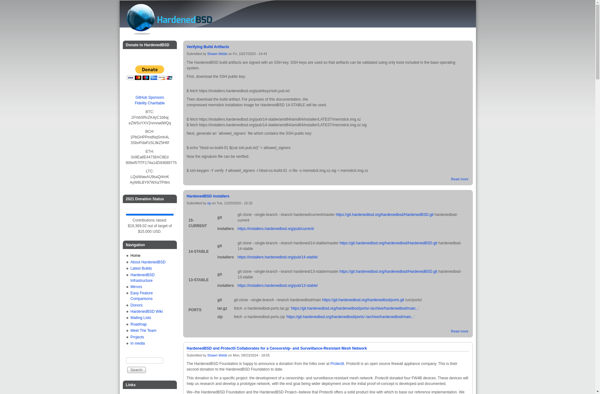
Black Lab Linux
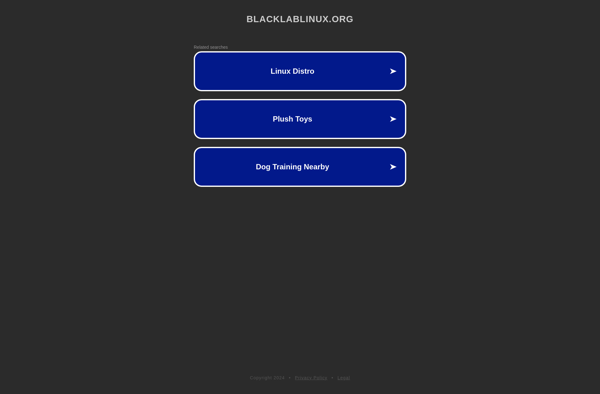
ULinux
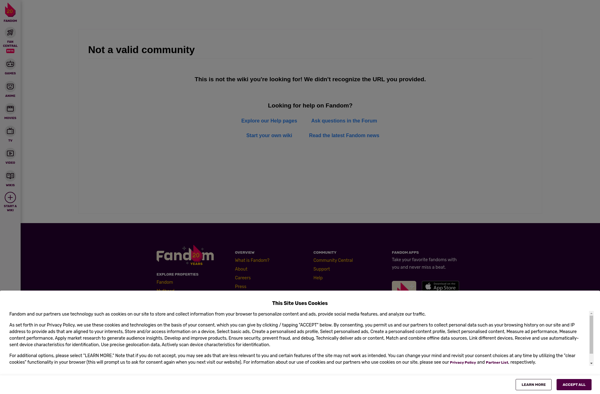
NeXTSTEP
